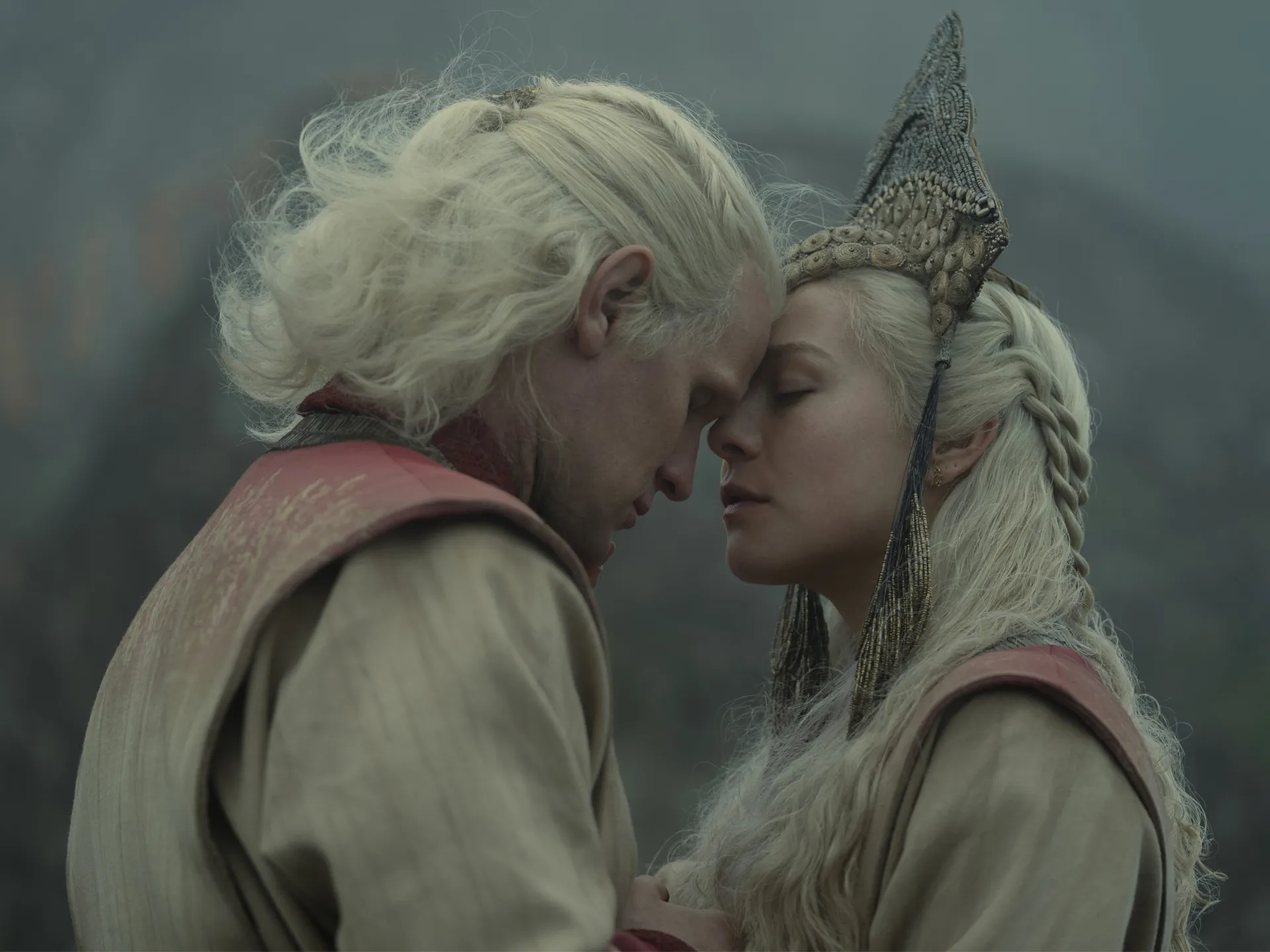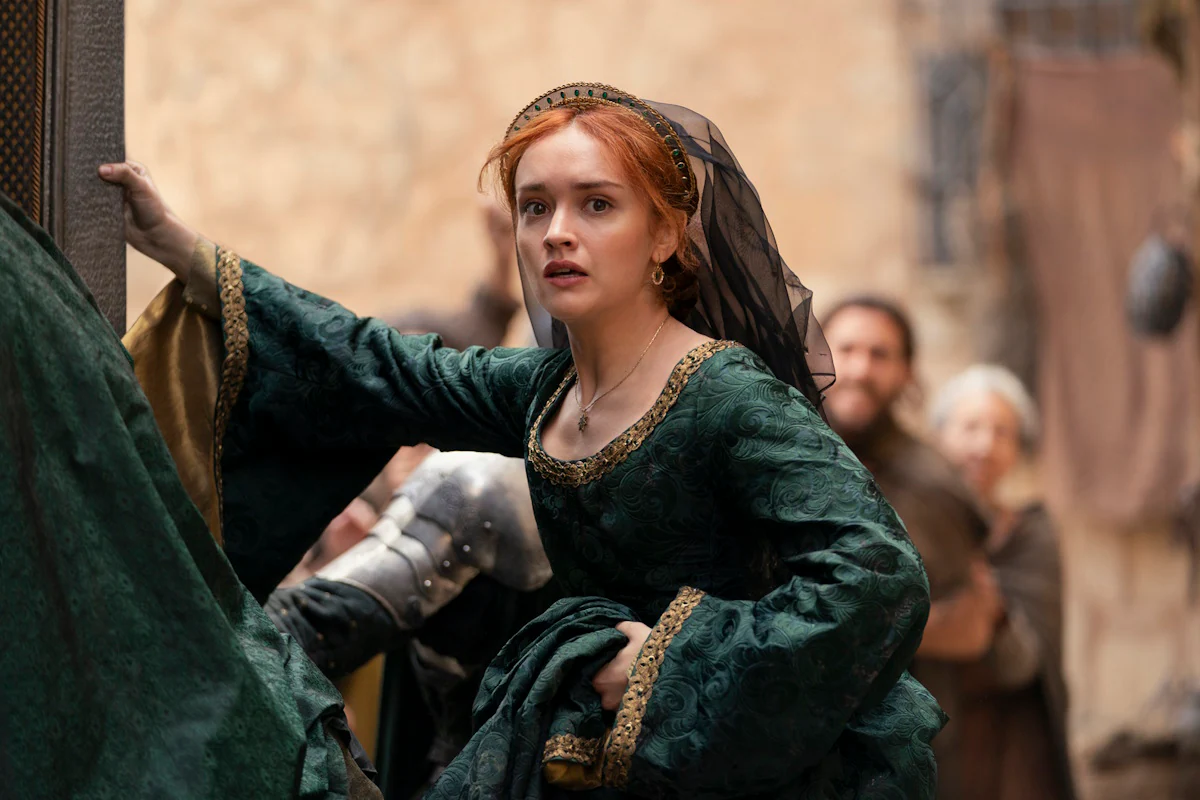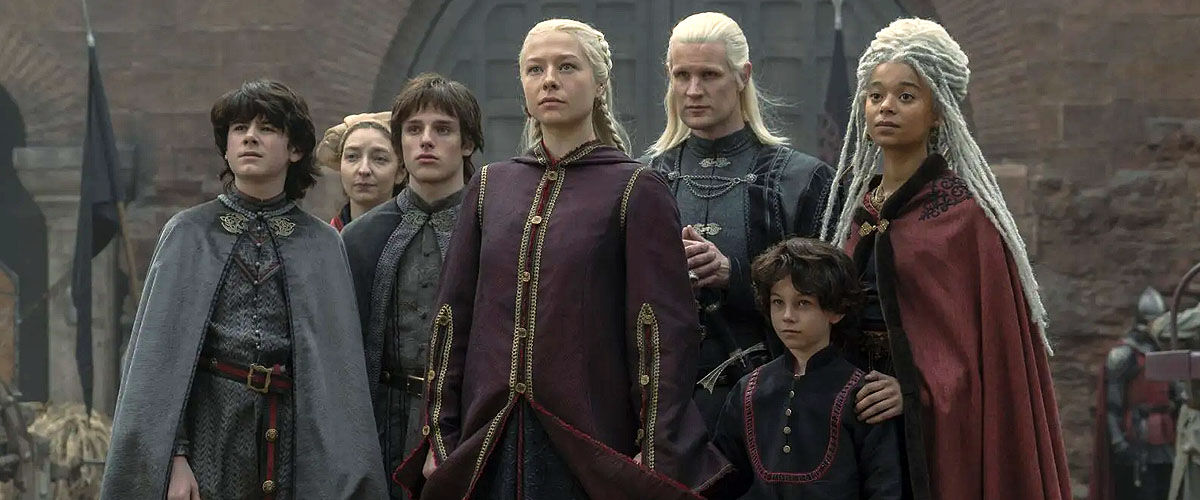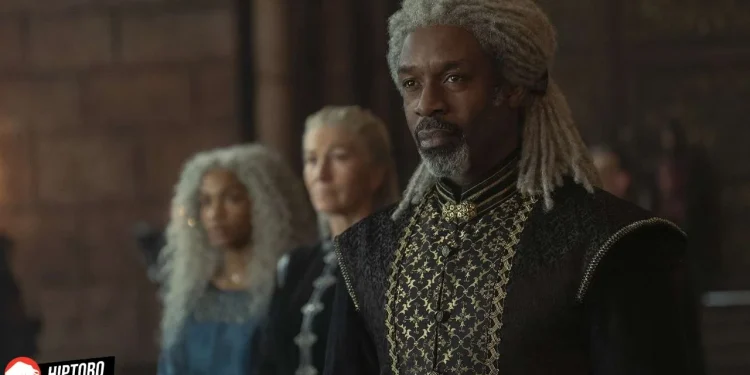House of the Dragon Season 2 builds upon the bold narrative approach established in its predecessor and the prequel to the beloved Game of Thrones series. Spanning over two decades, the series has captivated audiences with its unique storytelling and character development. Let’s explore how this distinctive time jump has brilliantly set the stage for the much-anticipated House of the Dragon Season 2.
A Tale Told Over Decades: The Narrative Brilliance of House of the Dragon
“House of the Dragon” distinguishes itself with a narrative structure that ambitiously covers over 20 years in just one season. This approach presented the actors with a unique challenge: to portray their characters’ evolution convincingly over a significantly condensed timeframe. Paddy Considine and Matt Smith, among others, anchored the series with their compelling performances, providing a sense of stability amidst the rapid progression of events.

The Final Trio of Episodes: A Prelude to War
The culmination of Season 1 in its final three episodes showcases the true strength of “House of the Dragon.” It is here that the narrative intensifies, focusing on the events of a few days that set the stage for the impending civil war. The series adeptly shifts perspectives between the rival factions, offering a deep dive into the intricate political and personal dynamics at play.
House Targaryen’s Reign: Setting the Historical Stage
Based on George R.R. Martin’s “Fire & Blood,” “House of the Dragon” is set nearly 200 years before the events of “Game of Thrones.” It narrates the story of the Targaryen civil war, with King Viserys at the helm. This historical backdrop provides a rich canvas for the unfolding drama, setting a precedent for the series in terms of scale and storytelling depth.

The Pacing of Power: Navigating Political Undercurrents
One of the series’ strengths lies in its portrayal of political tension building over years, culminating in explosive conflicts. Each episode in the first season methodically raises questions of succession and loyalty, mirroring the real-world complexities of civil wars and royal succession crises. The series masterfully balances action with political intrigue, ensuring that the buildup to the war is as engaging as the conflict itself.
House of the Dragon Season 2 is going to be incredible! pic.twitter.com/15aclCrIaR
— Otto Hightower (@OttoHightower) December 11, 2023
The Casting Conundrum: Bridging Time with Talent
The decision to cast different actors for the younger and older versions of key characters was a bold move. Milly Alcock and Emily Carey brilliantly set the stage for their older counterparts, Emma Darcy and Olivia Cooke, who seamlessly stepped into their roles. This transition was crucial in depicting the deepening rift between Rhaenyra and Alicent, from childhood friends to bitter rivals.

House of the Dragon Season 2: The Civil War Looms
The first season’s slow-burn narrative reaches its zenith in the final episodes, laying the groundwork for the civil war. The death of King Viserys Targaryen marks a pivotal shift in Westeros’s political landscape, with the final episode solidifying the inevitability of war. This carefully crafted buildup enhances the emotional stakes for House of the Dragon Season 2, promising a more nuanced exploration of the Targaryen dynasty’s complexities.
“House of the Dragon” has set a high bar for narrative storytelling in fantasy television. Its clever use of time jumps, combined with stellar casting and character development, has not only paid homage to its predecessor, “Game of Thrones,” but also carved out its unique legacy. As we eagerly await House of the Dragon Season 2, expected to release in August 2024, the stage is set for a saga that promises to be both emotionally resonant and spectacularly grand.










